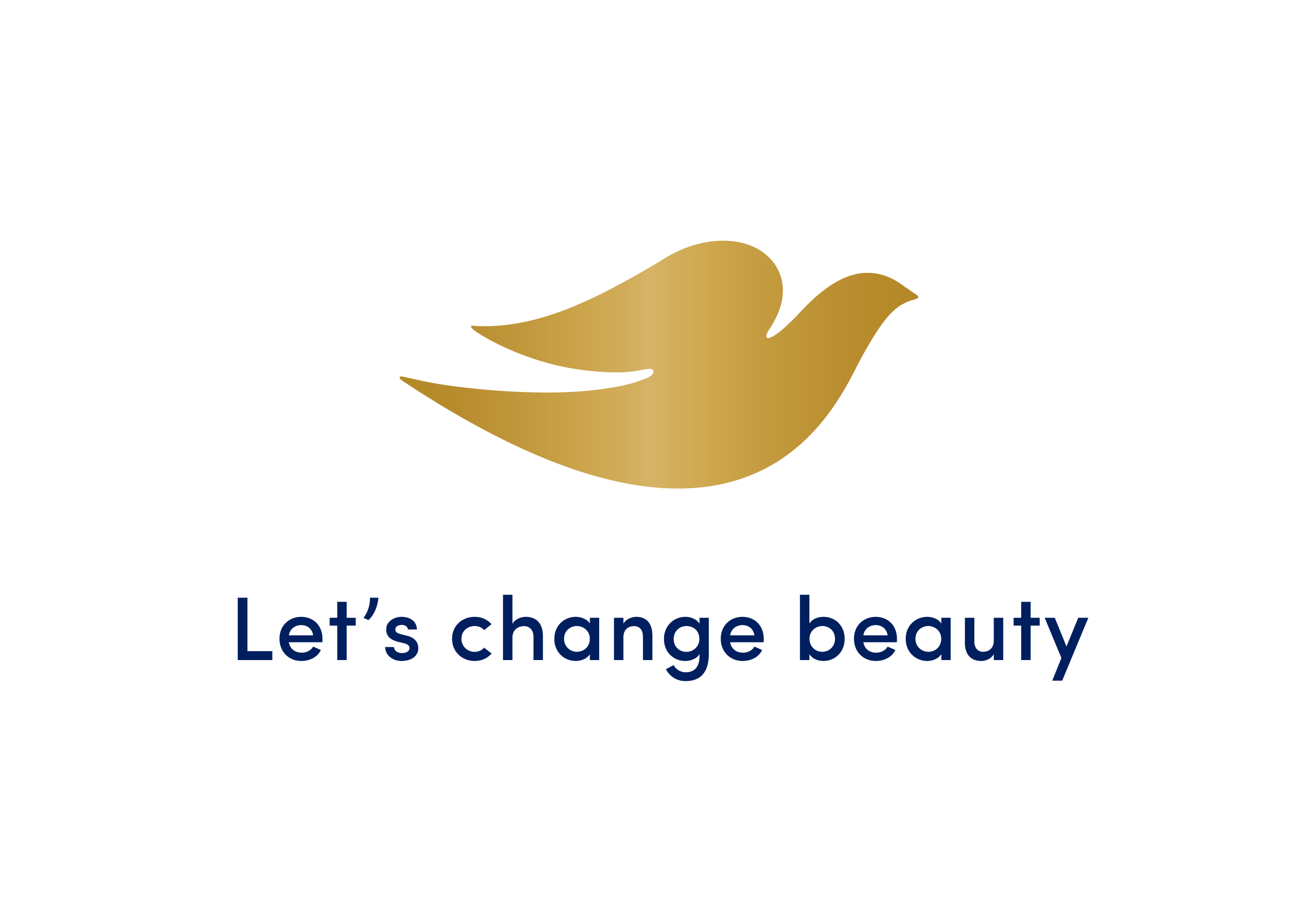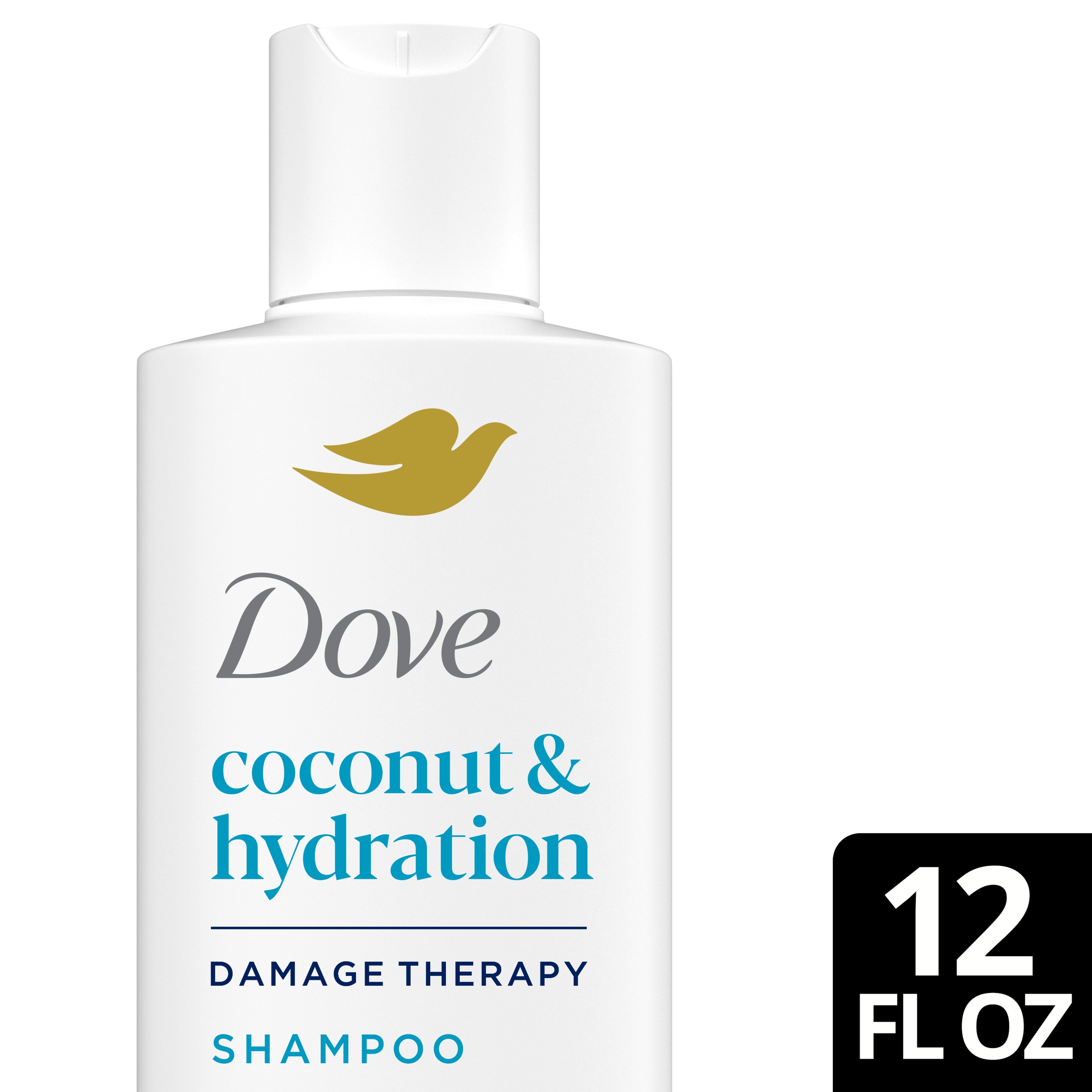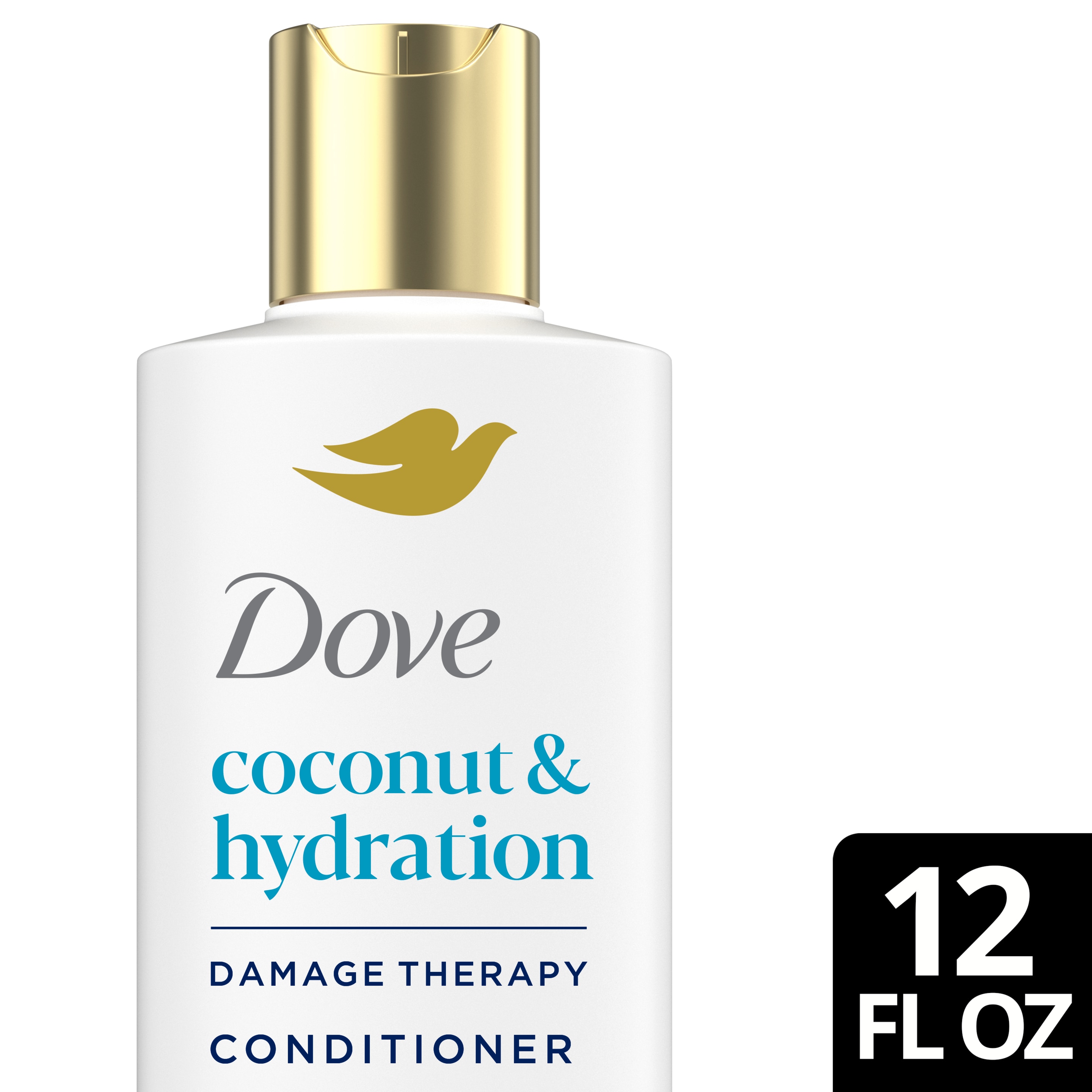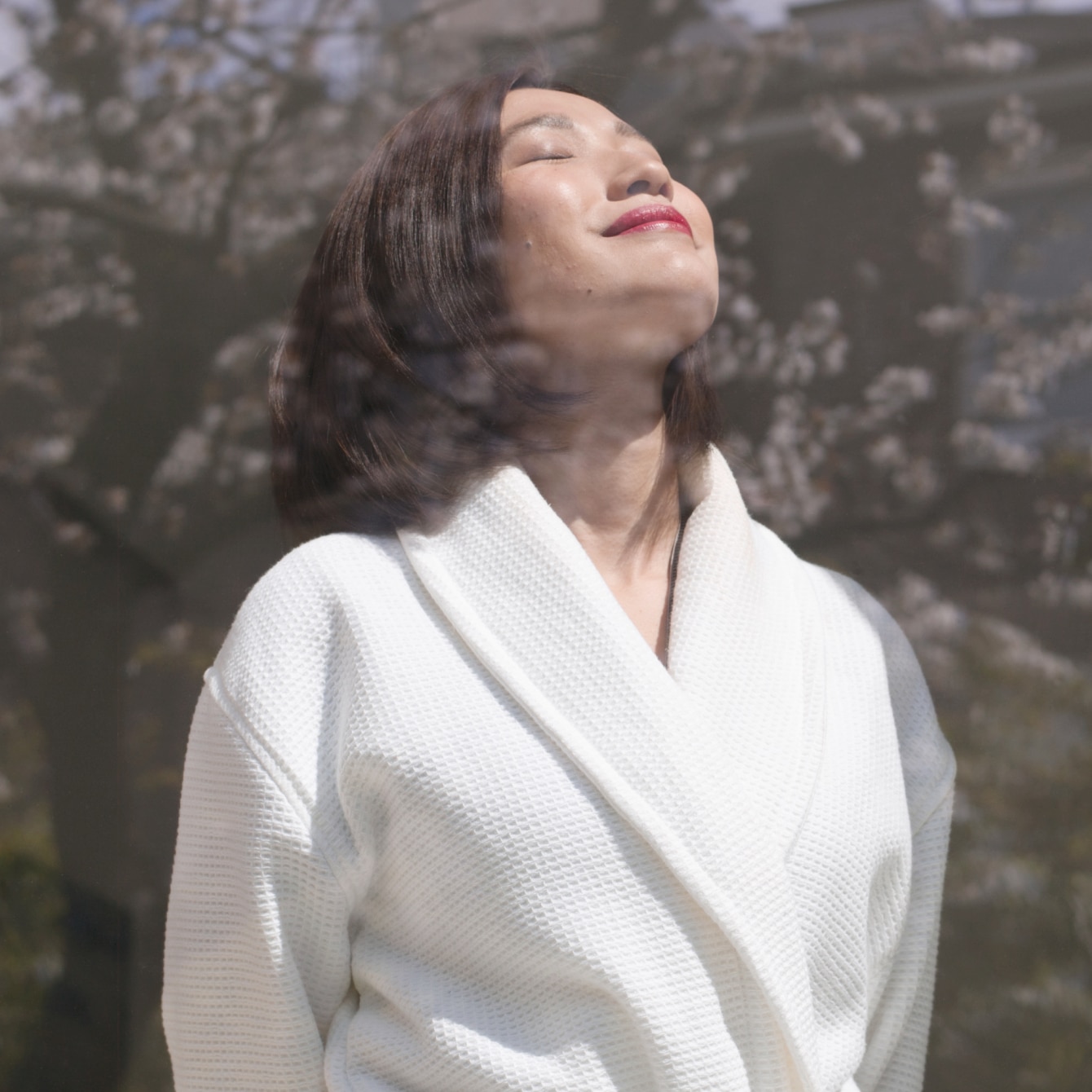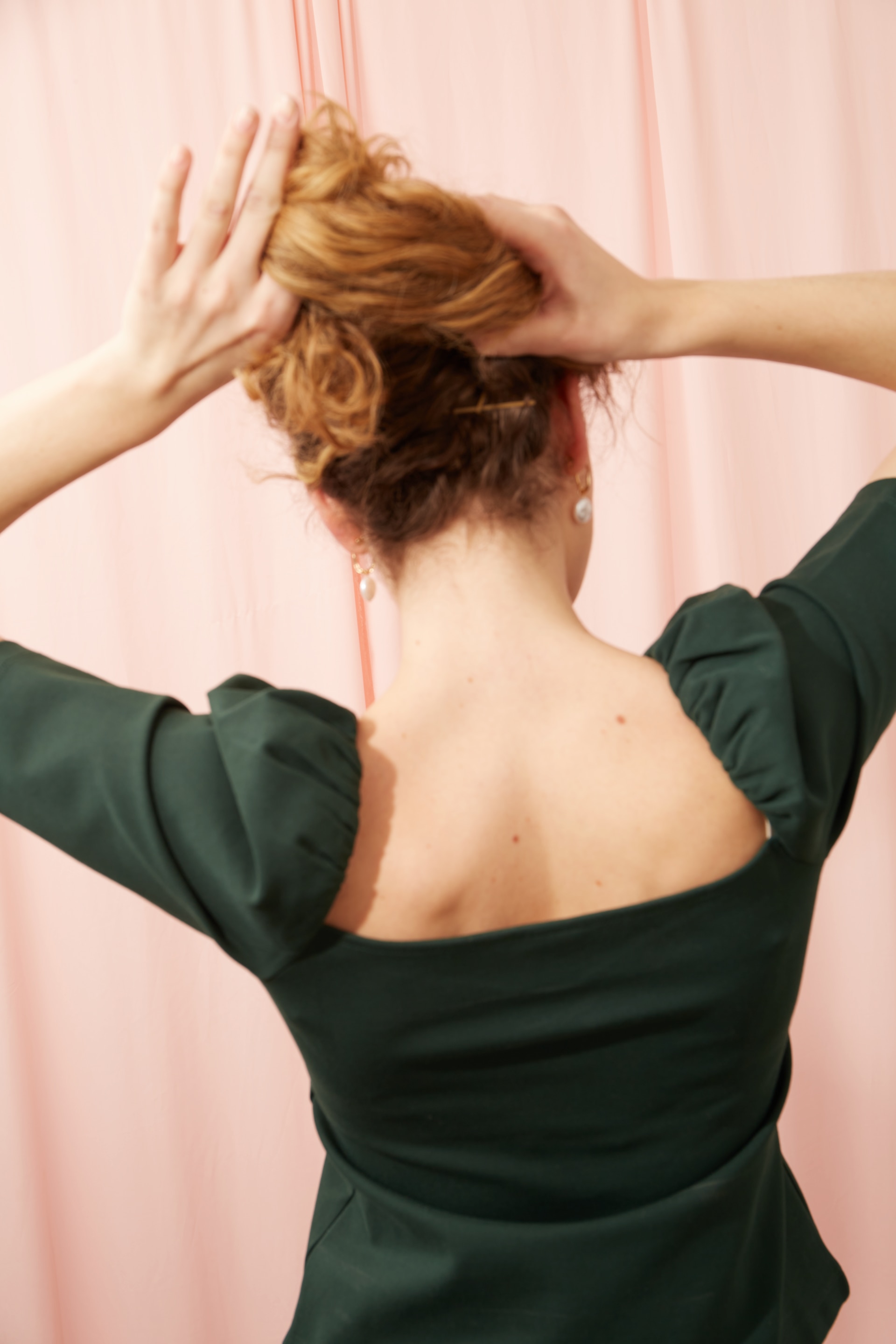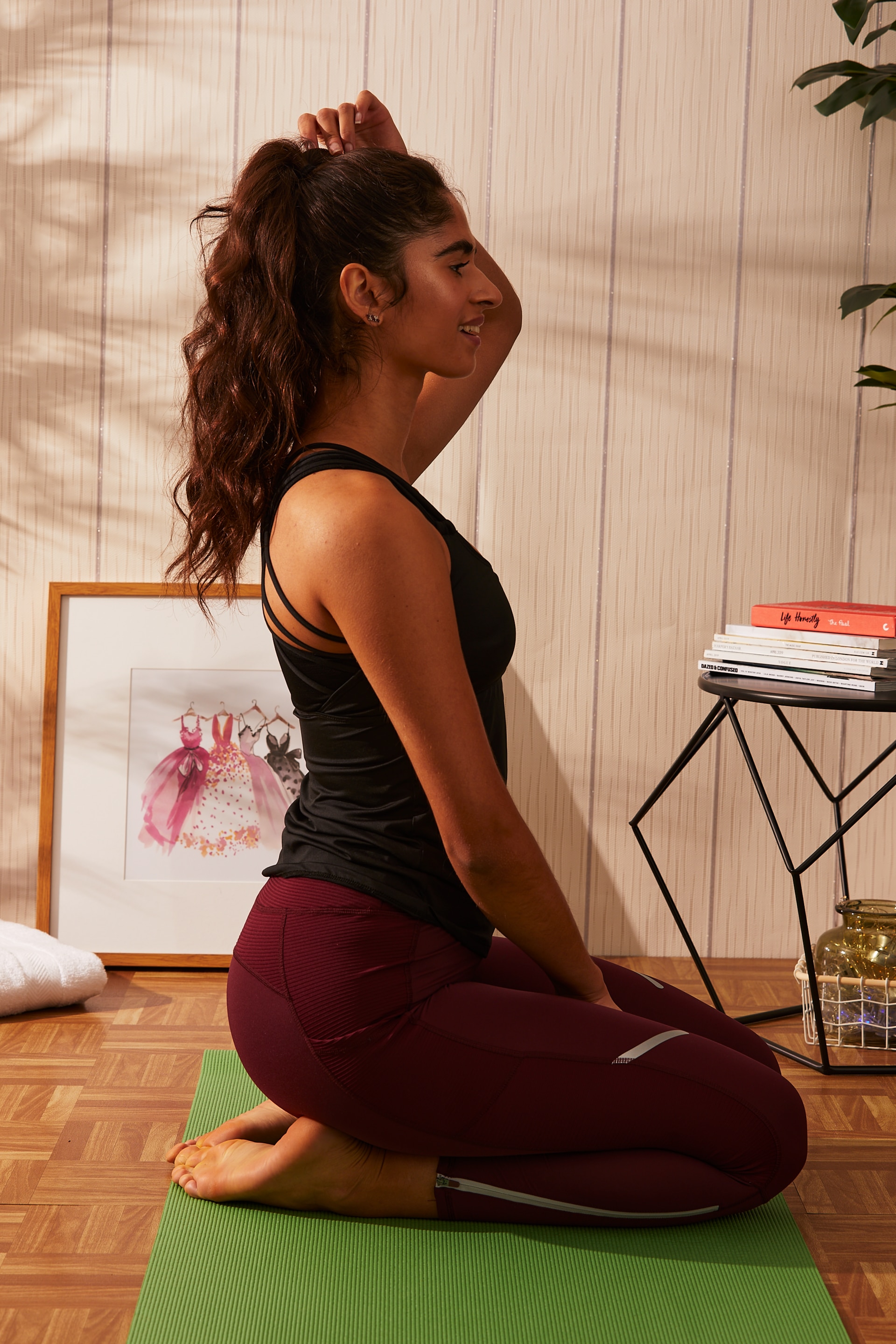Dandruff vs a dry scalp: how to diagnose and treat yours
Ever worn dark clothes, only to look down and notice the scattering of little white flecks? Firstly, don’t stress, it’s perfectly natural. Secondly, you need to work out if it’s dandruff or dryness, and treat it accordingly. It’s worth noting that treating dandruff is often a case of trial and error, so don’t worry if something doesn’t work straight away – anti-dandruff products take time to work, so be patient. If you’re worried or don’t know where to start, it’s always worth seeking professional advice.
Dandruff vs dry scalp
The big question: is dandruff the same as a dry scalp? Although they present themselves similarly, the answer is actually no – they are two different things and there are a couple of key signs that will help you to tell them apart
A dry scalp is, quite literally, just that – it’s when the skin on your scalp is unable to produce or retain enough of the natural oils that it needs to stay moisturized and hydrated.
However, dandruff is often not caused by a lack of oils. It’s caused by an overexpression of fungi (Malassezia) that grows on the scalp and irritates it, resulting in itching and flakes.
Here are a few common causes, and solutions that may help.
You’re prone to dry skin
If you’re somebody who suffers with perpetually dry skin on your face and body, chances are your scalp will have dryness at some point, especially during colder months. The biggest giveaway is that the skin on the rest of your body looks or feels flaky, too. The solution is simple: avoid hot showers and incorporate moisturizing products into your routine, like Dove Coconut & Hydration Shampoo and Conditioner – which protect against dryness without weighing hair down.
You’re not using the right shampoo
If you're noticing specks of white floating around your locks, you need to use a shampoo and conditioner designed to fight the symptoms of dandruff. Invest in products like Dove DermaCare Coconut & Hydration Anti-Dandruff Shampoo and Conditioner, which help soothe irritation and reduce itching and flaking.
You have allergies
If you’re somebody who suffers from allergies, it’s worth checking out the ingredients list on your shampoo and conditioner. It might be loaded with something that you’re allergic to, and as a result your scalp is irritated, sore or itchy. Stop using the product and choose something else instead, making sure you scan the back of the bottle before purchasing. Dove lists the common fragrance allergens on the label to help you identify the right products for you.
